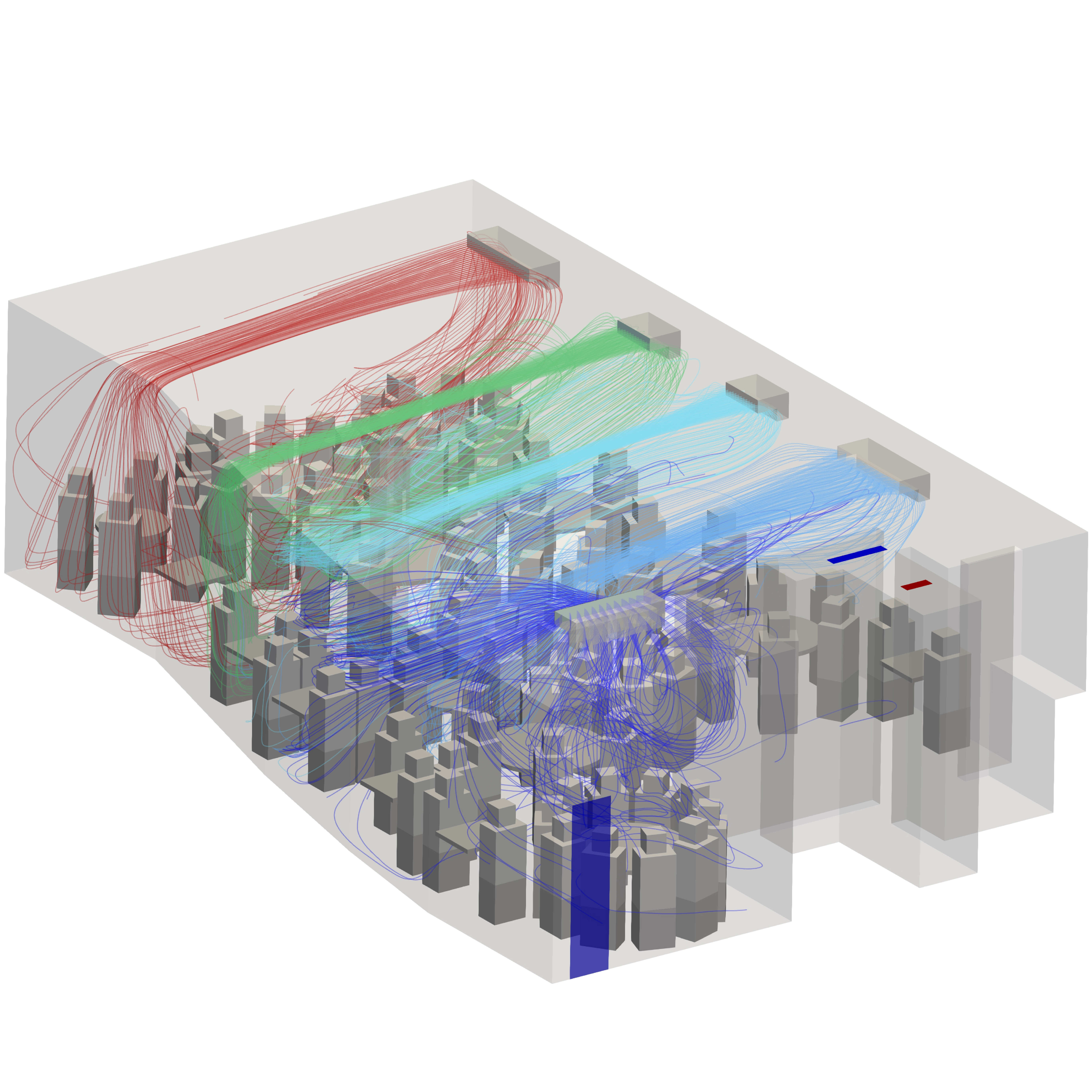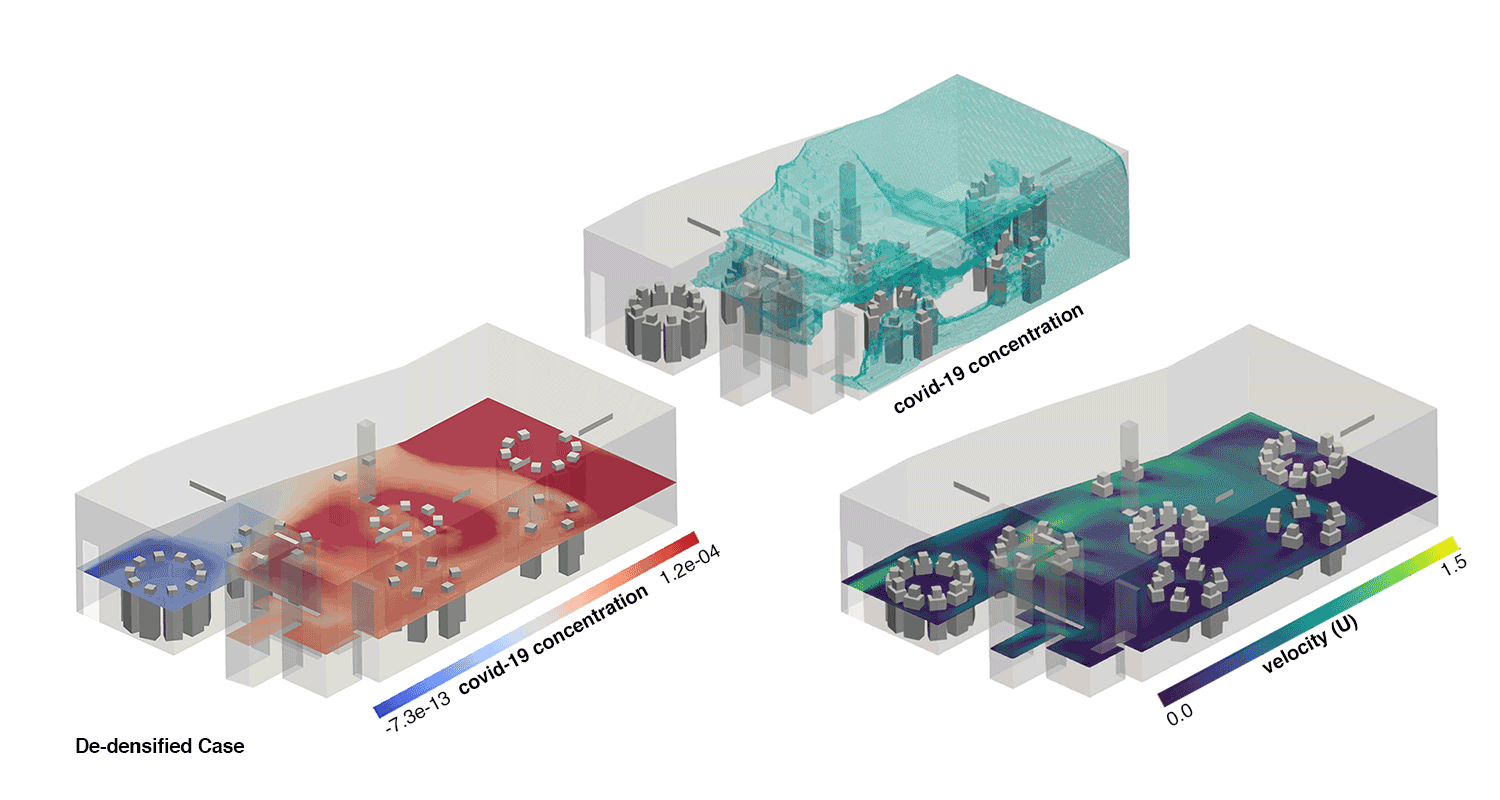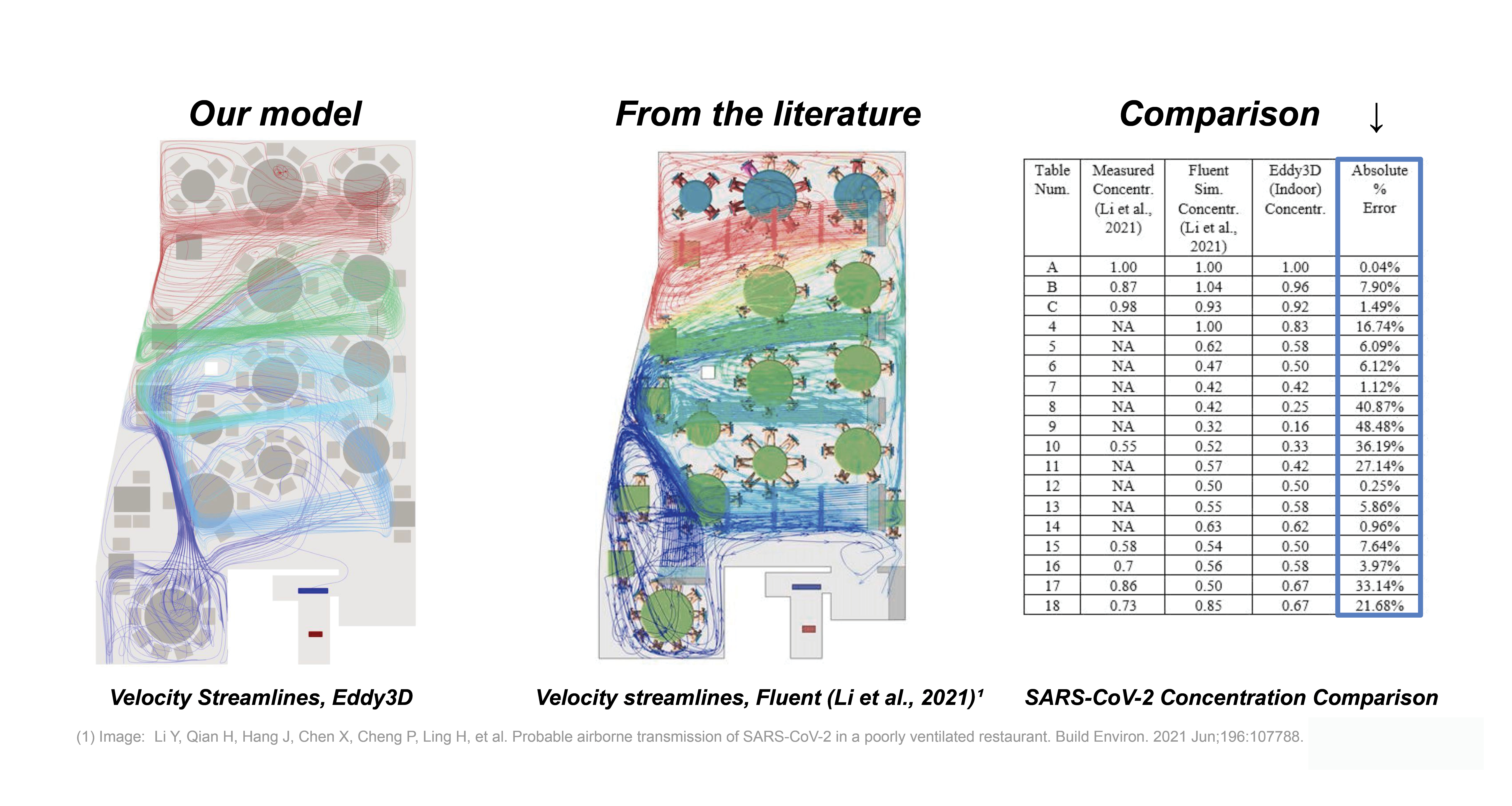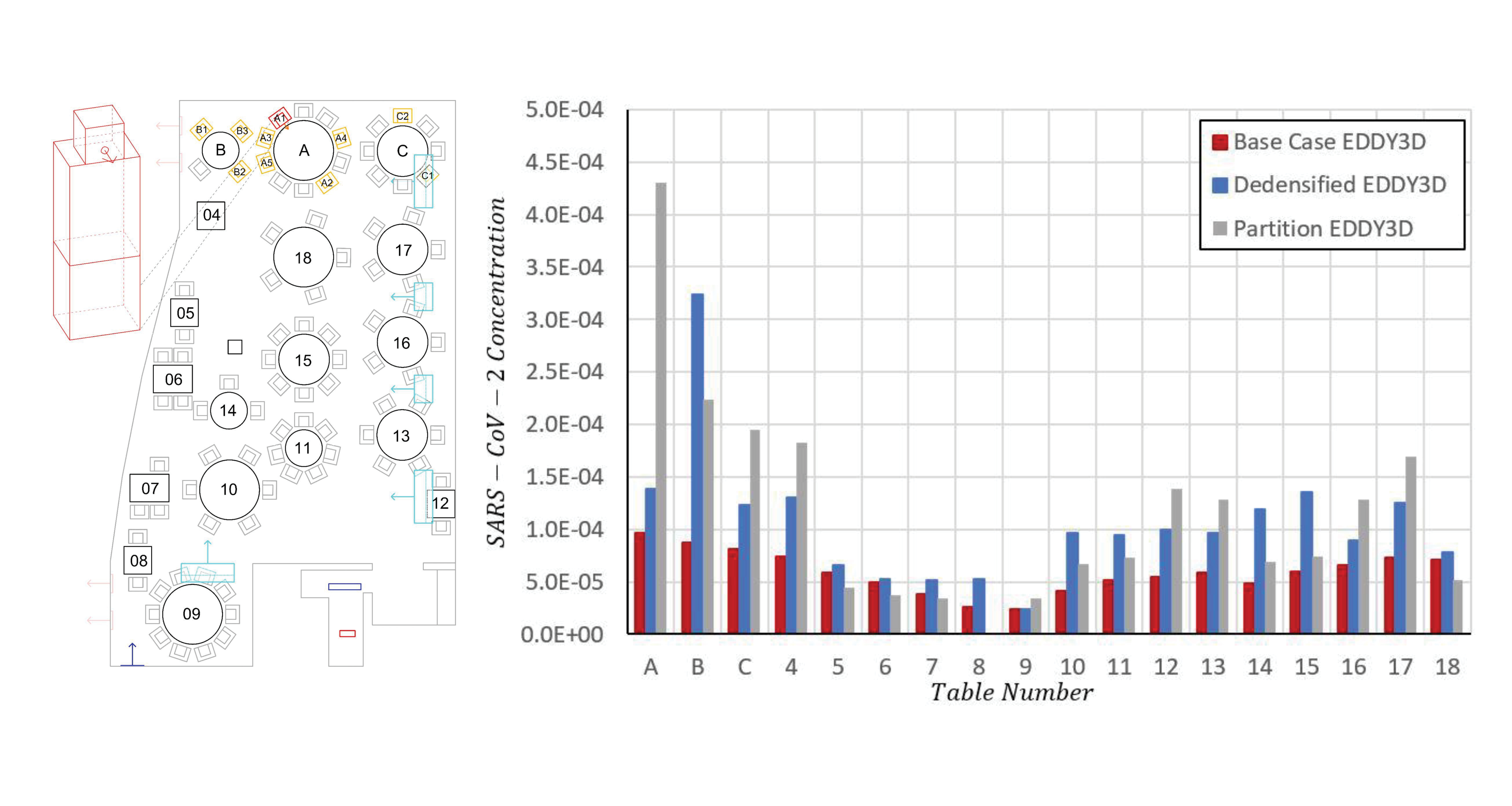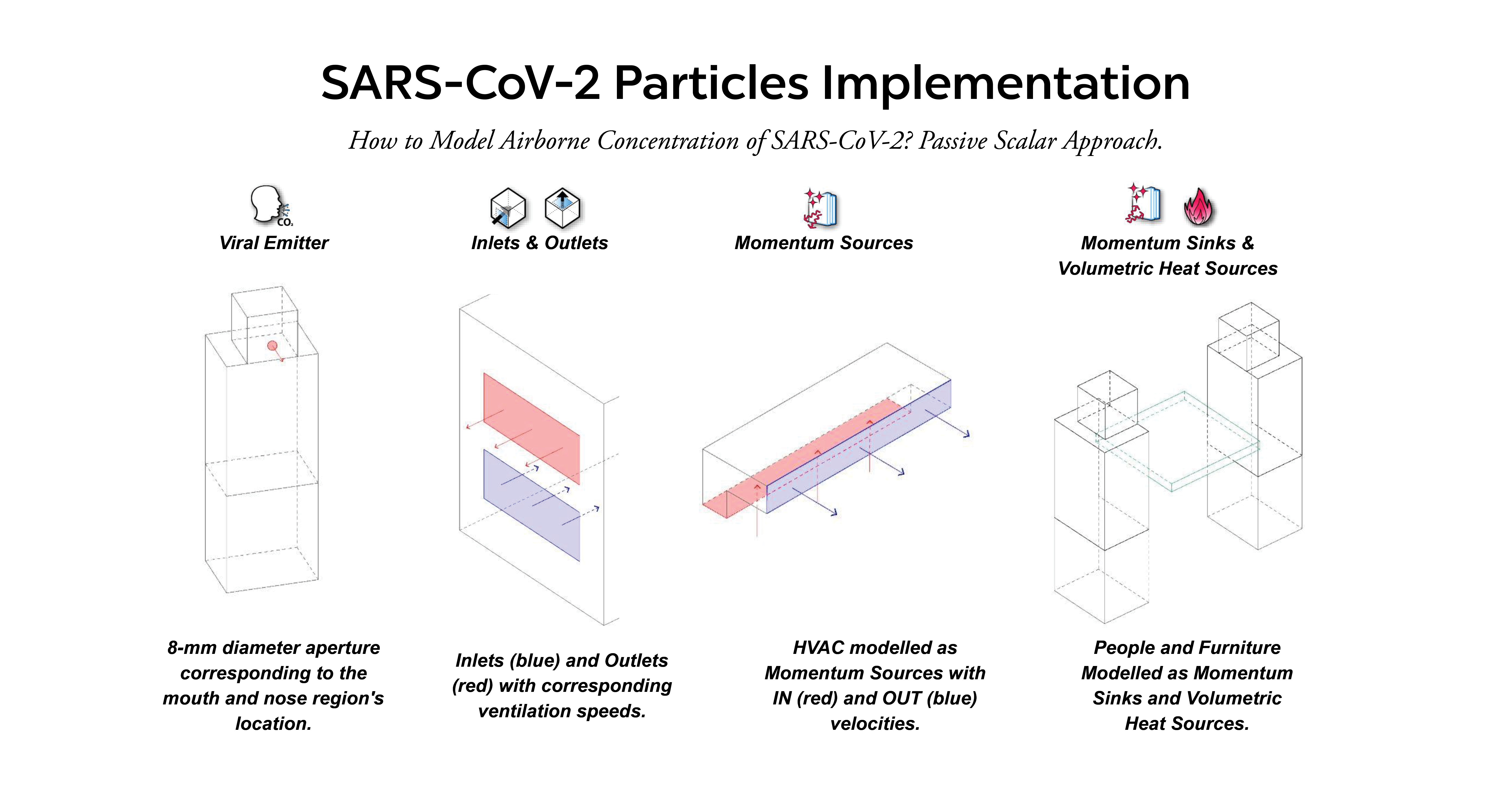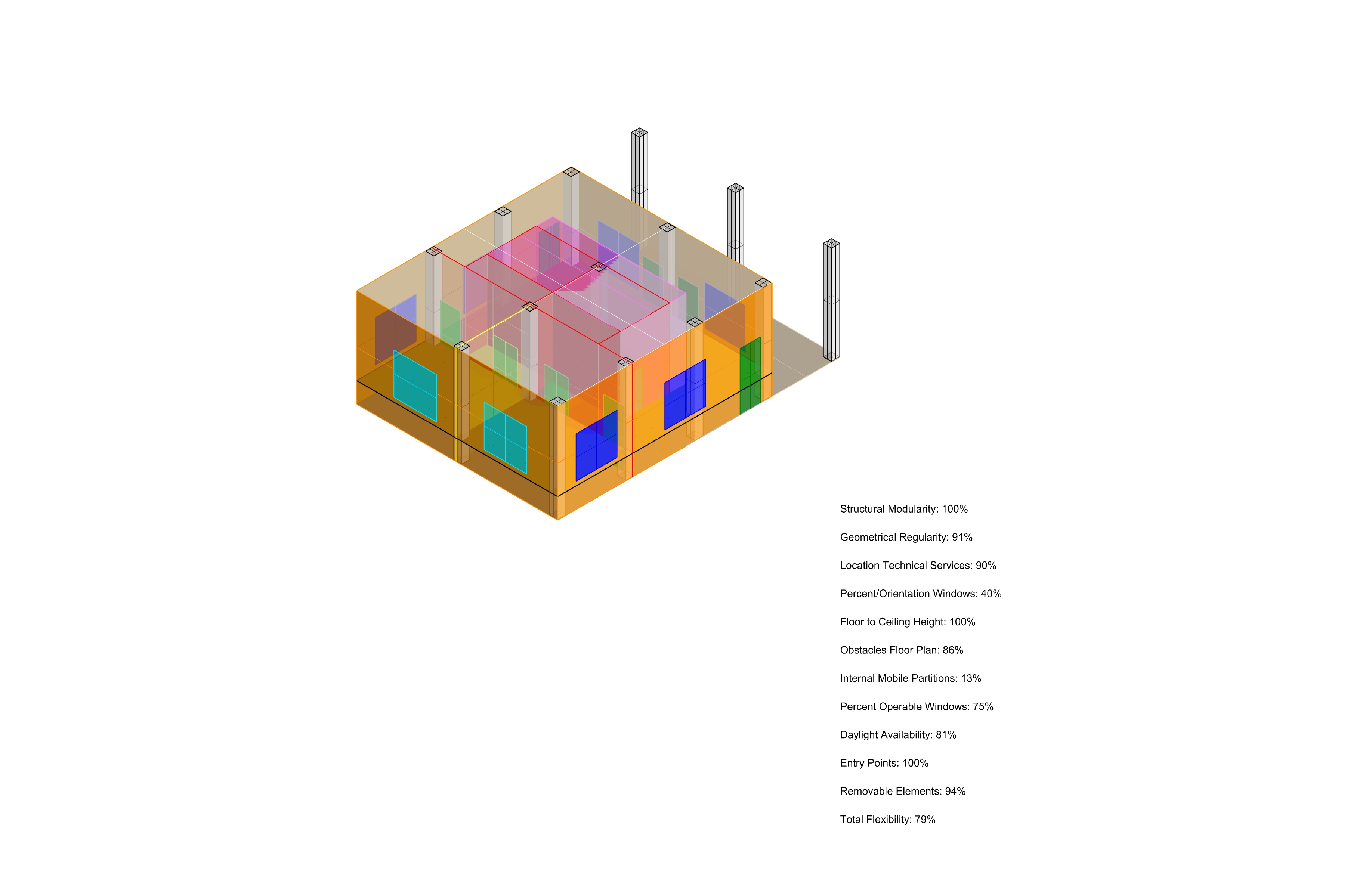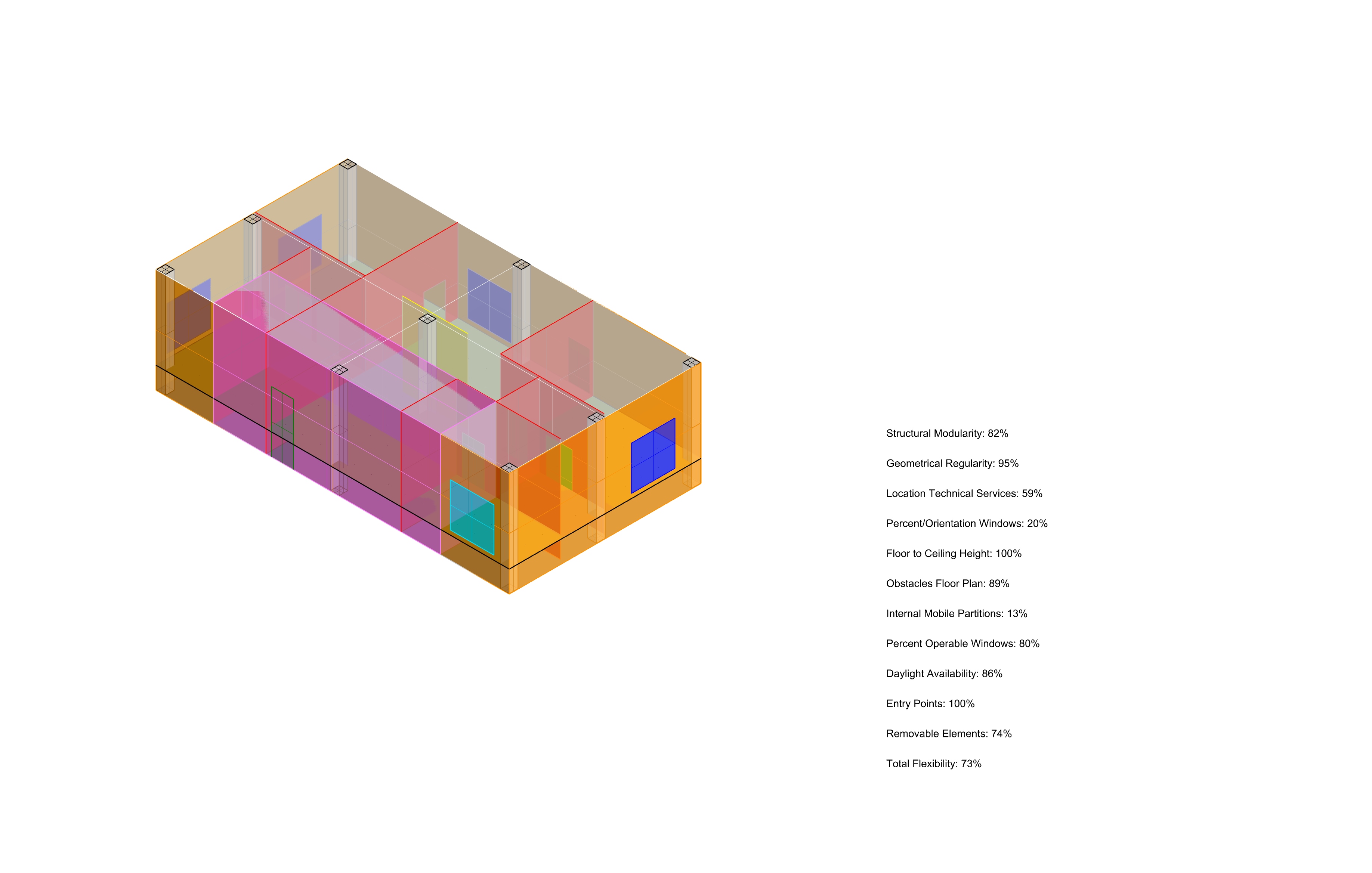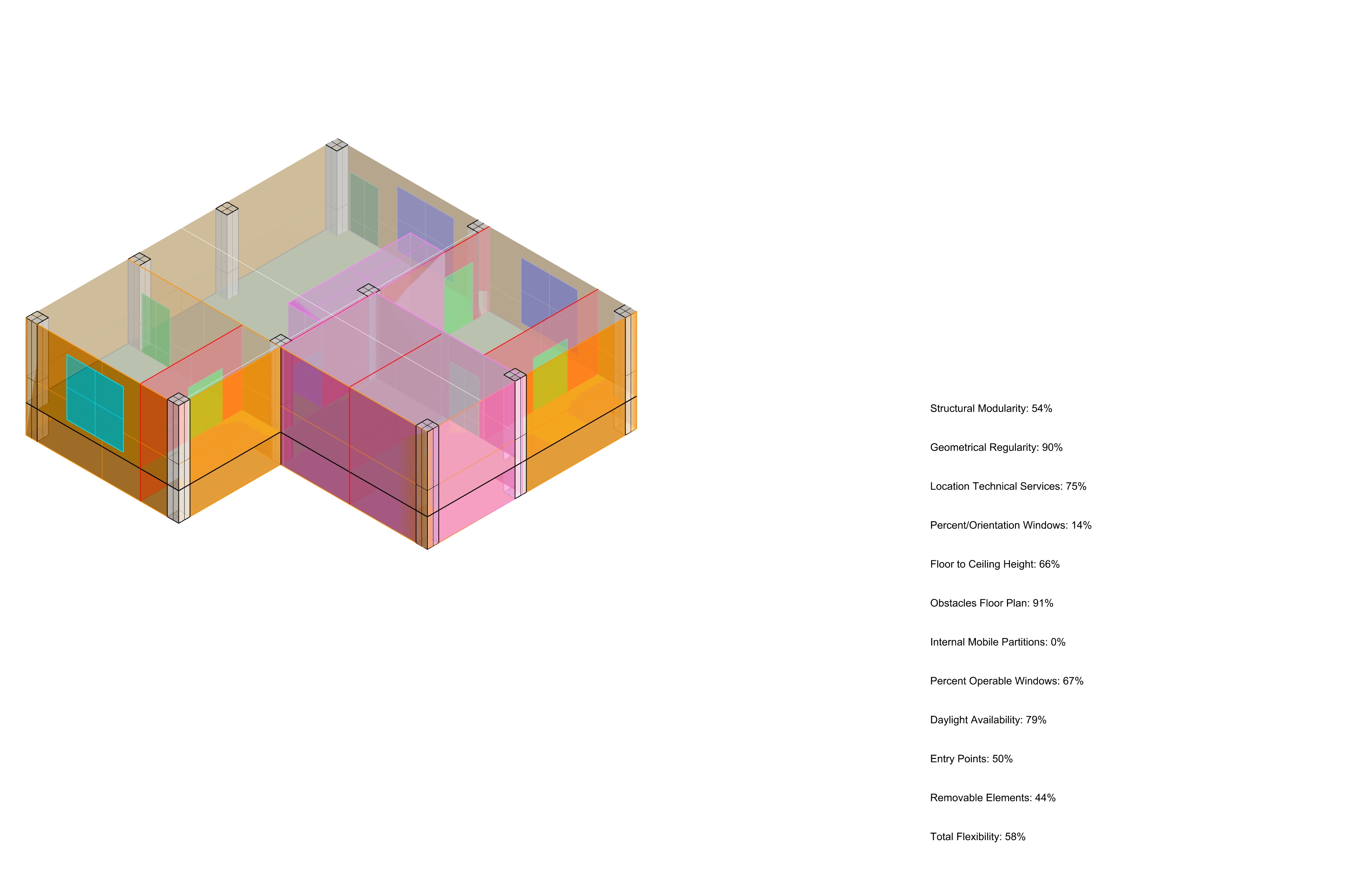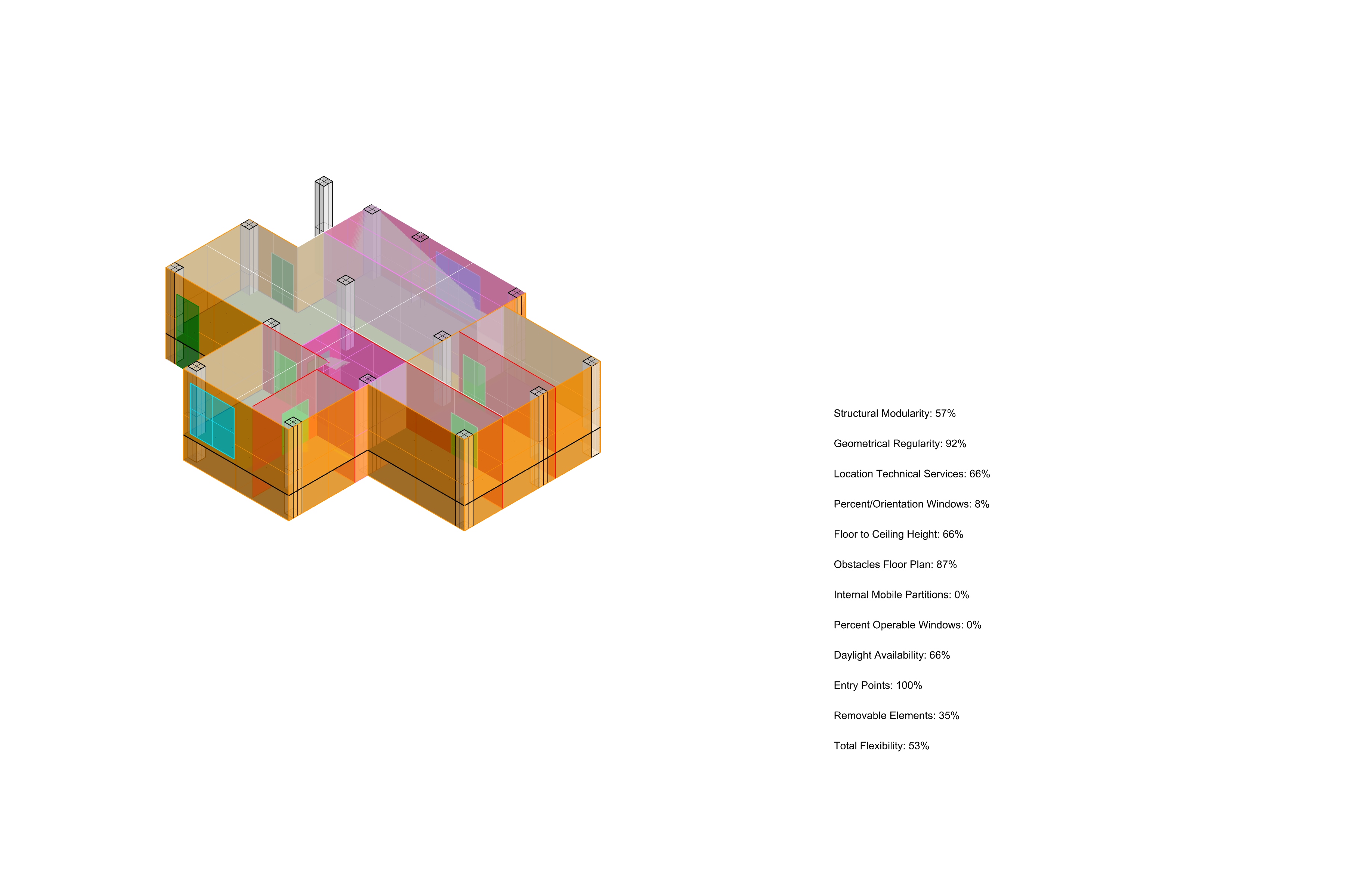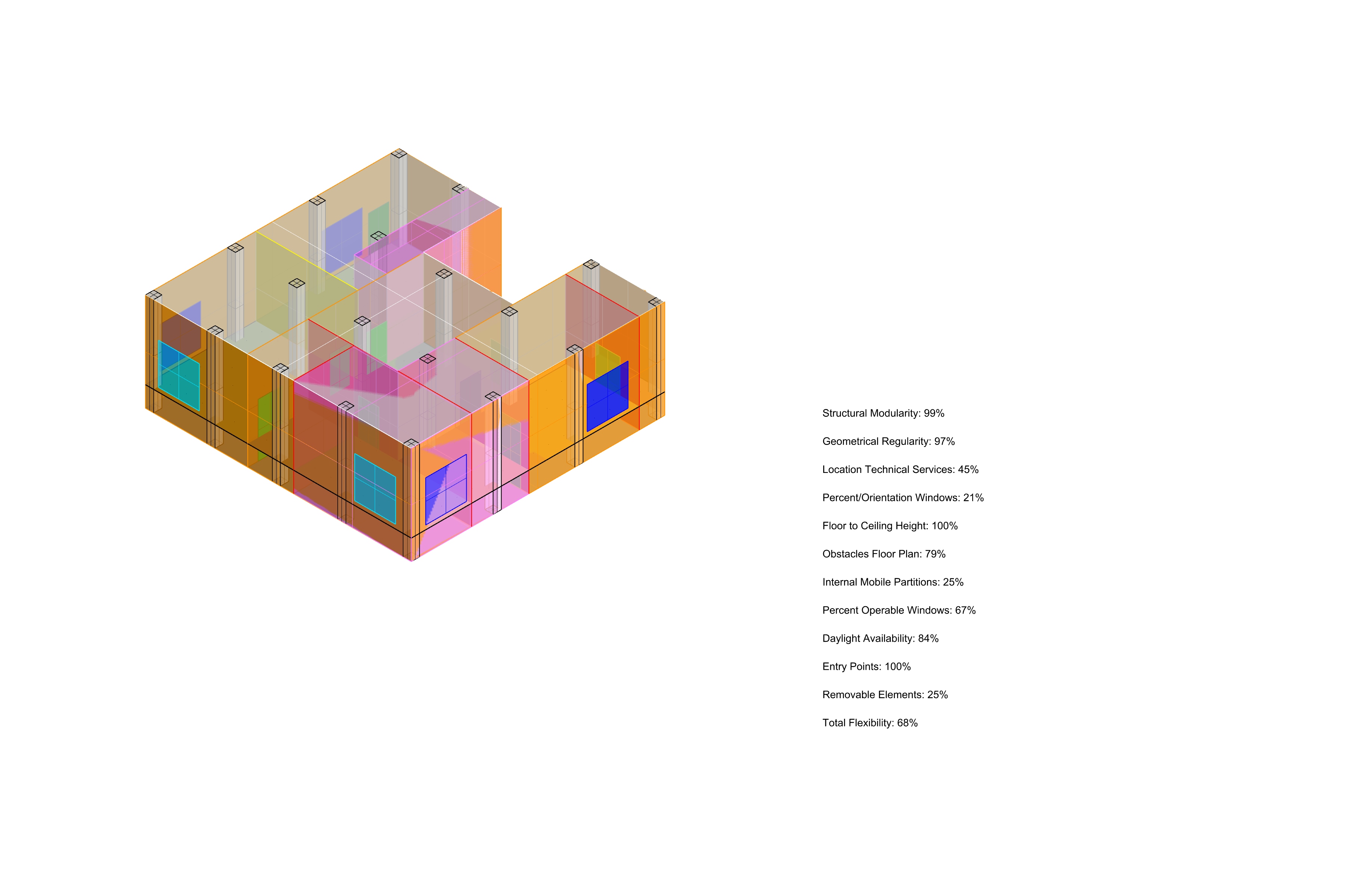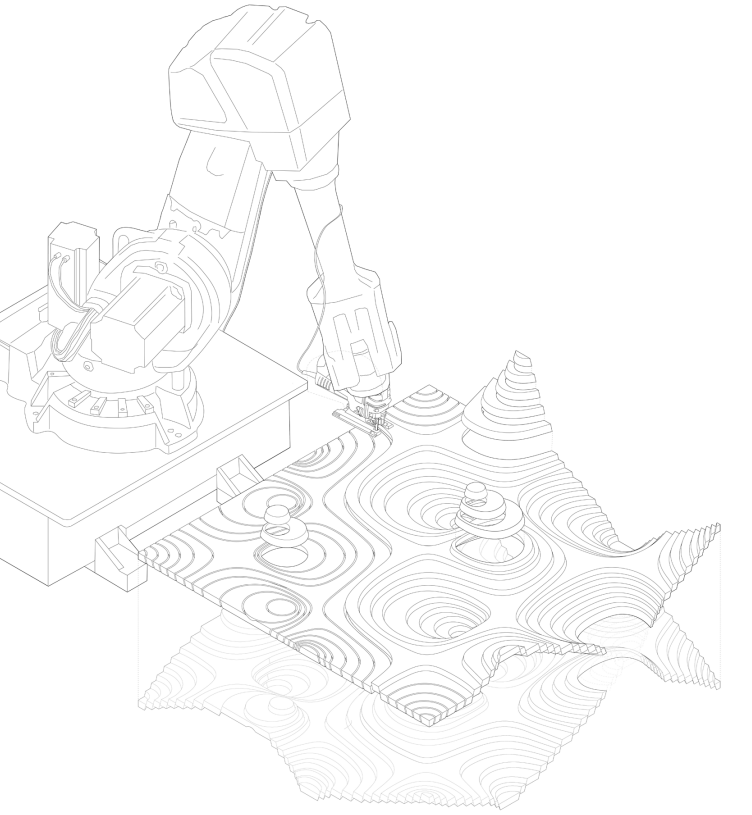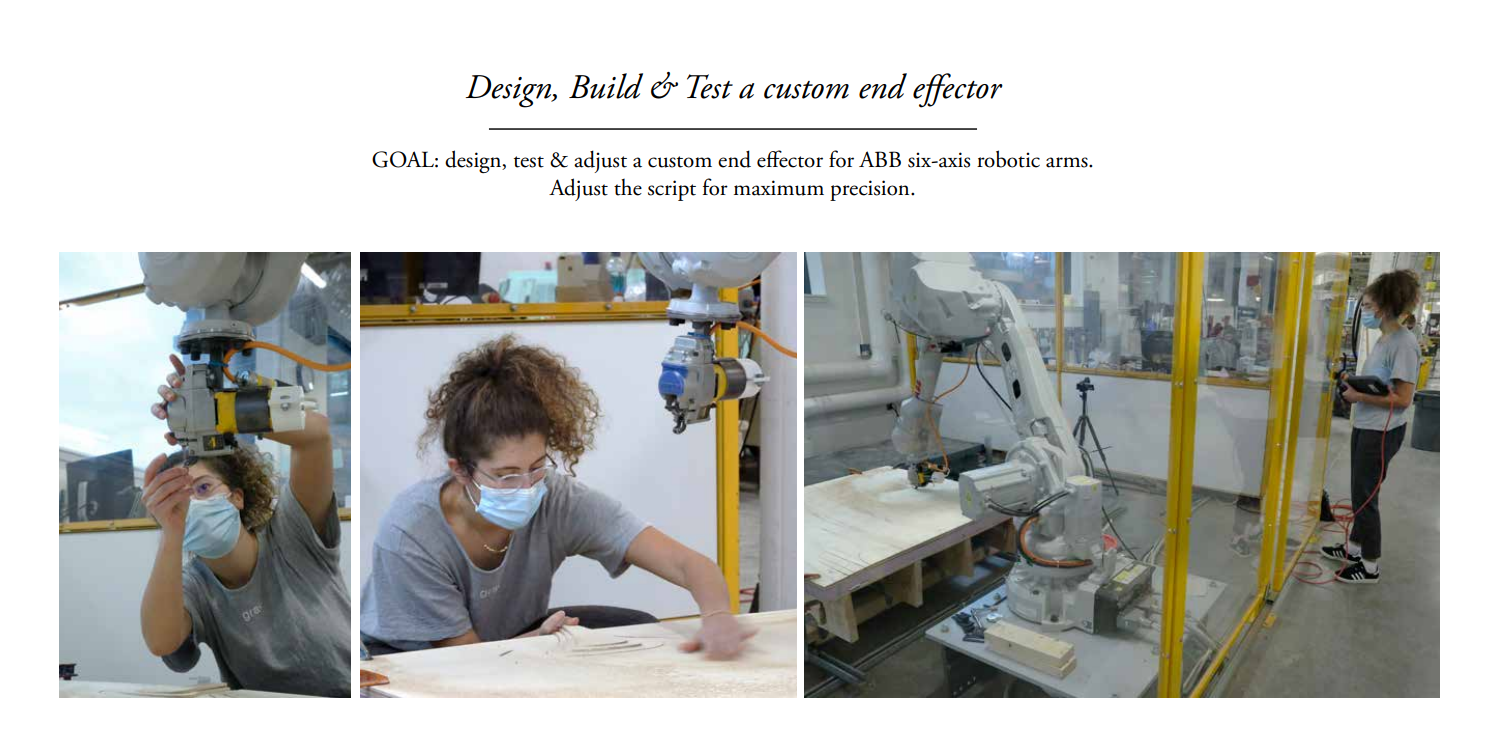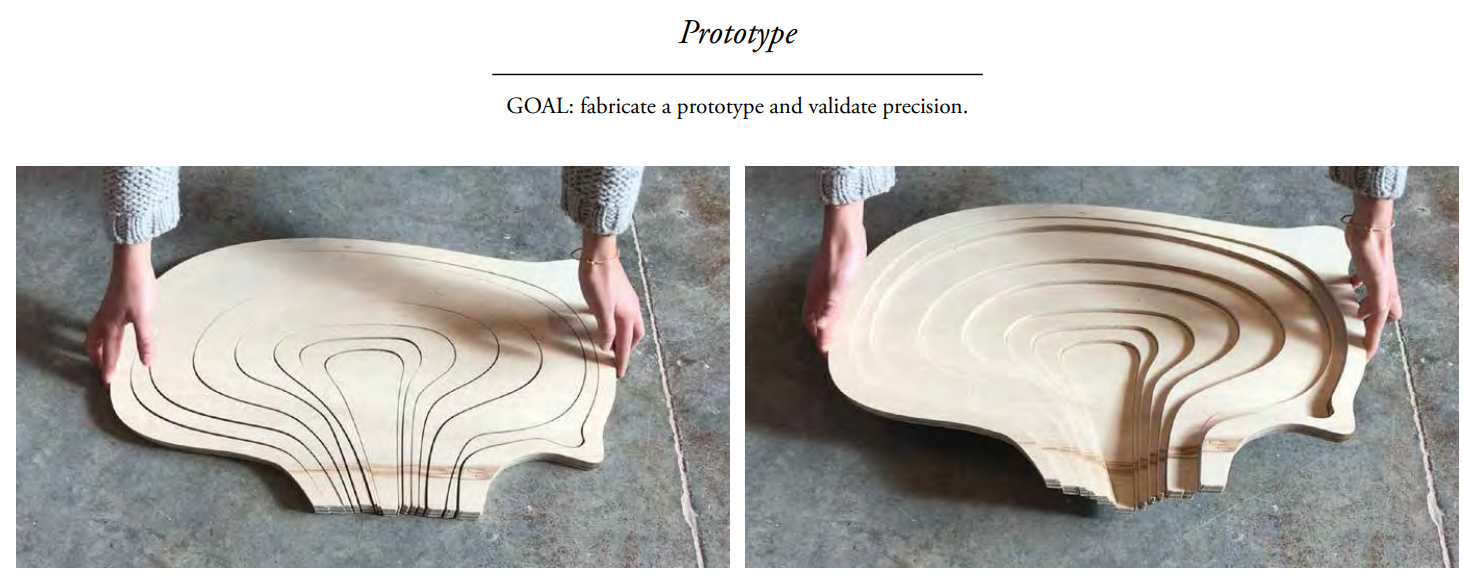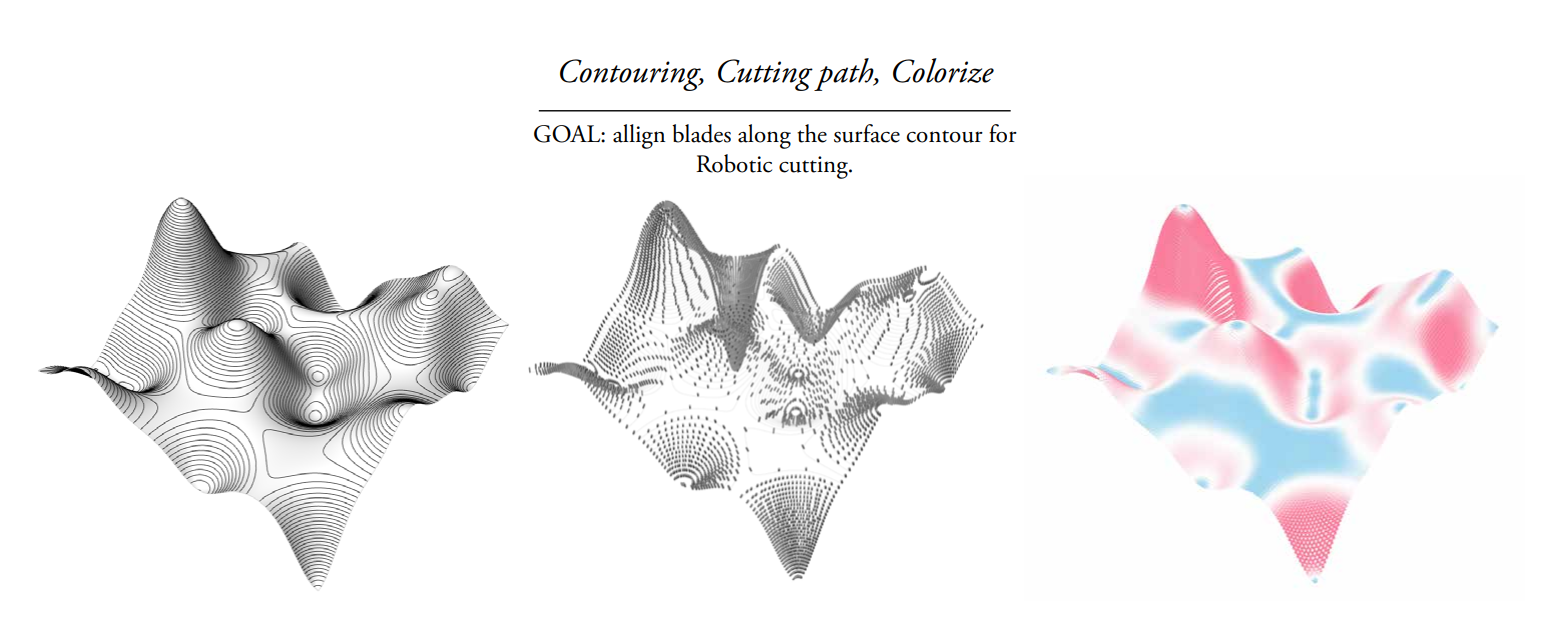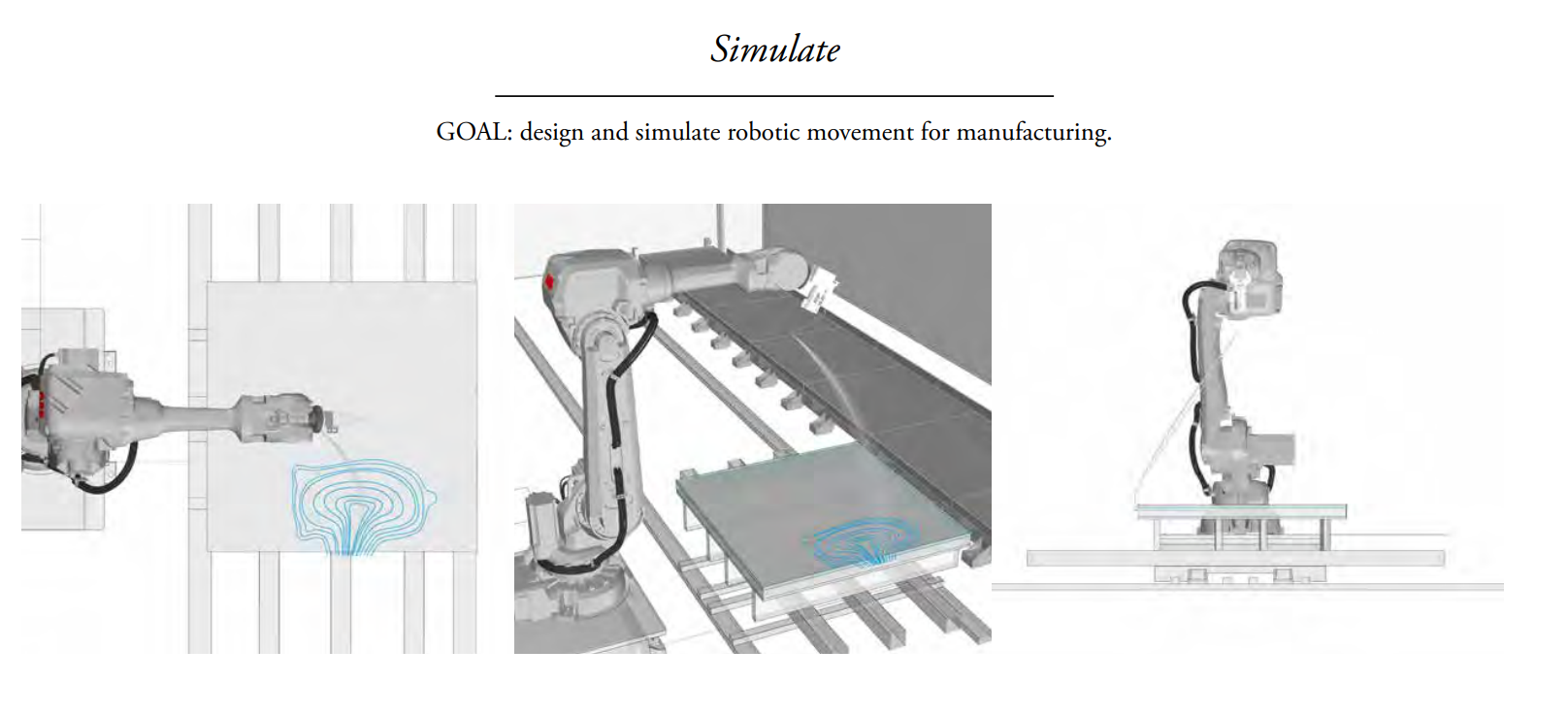Abstract:Generative text-to-image (GTI) models produce high-quality images from short textual descriptions and are widely used in academic and creative domains. However, GTI models frequently amplify biases from their training data, often producing prejudiced or stereotypical images. Yet, current bias mitigation strategies are limited and primarily focus on enforcing gender parity across occupations. To enhance GTI bias mitigation, we introduce DiffusionWorldViewer, a tool to analyze and manipulate GTI models' attitudes, values, stories, and expectations of the world that impact its generated images. Through an interactive interface deployed as a web-based GUI and Jupyter Notebook plugin, DiffusionWorldViewer categorizes existing demographics of GTI-generated images and provides interactive methods to align image demographics with user worldviews. In a study with 13 GTI users, we find that DiffusionWorldViewer allows users to represent their varied viewpoints about what GTI outputs are fair and, in doing so, challenges current notions of fairness that assume a universal worldview.
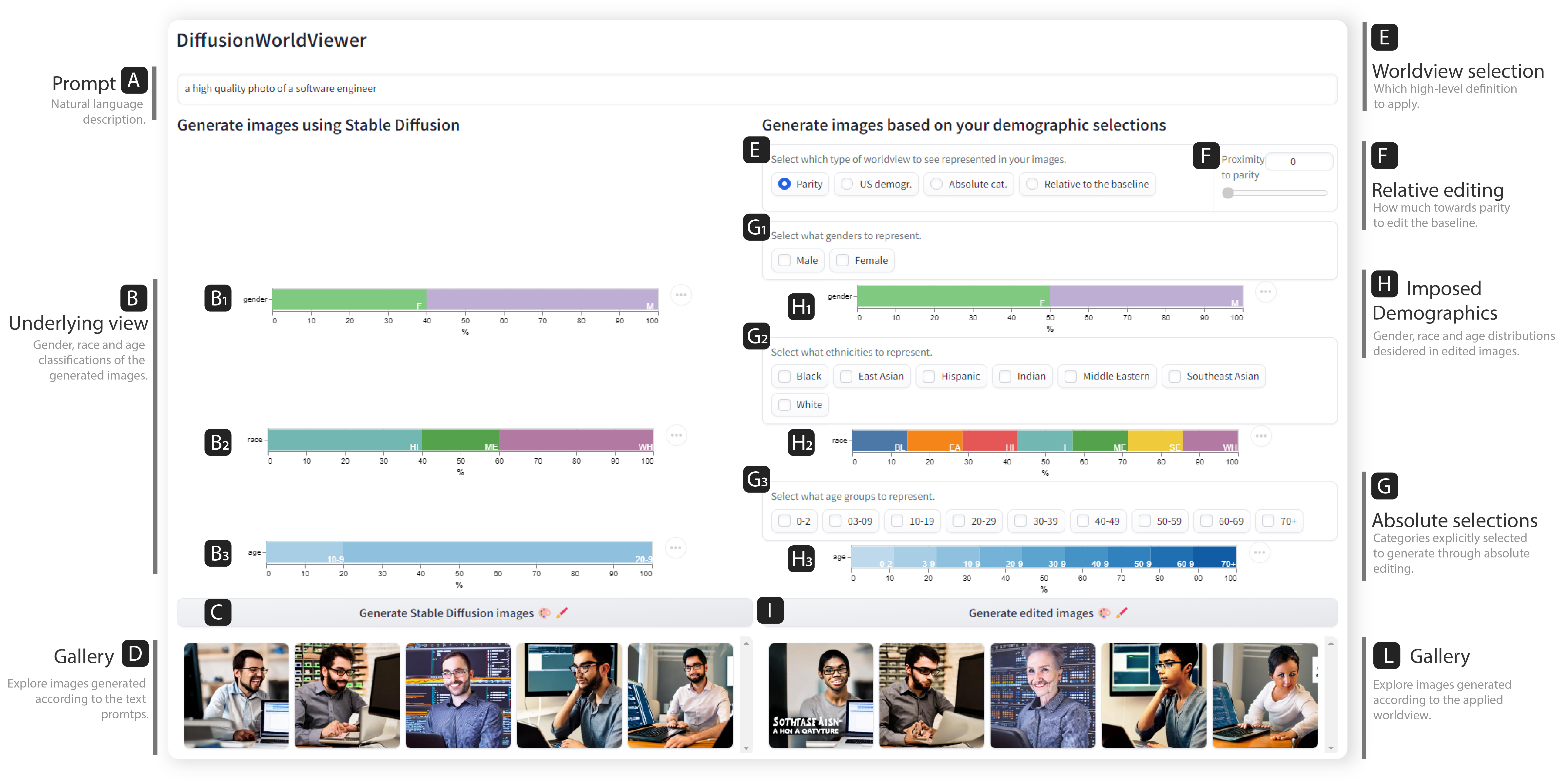
Developing an environmental, financial modeling and decision-making tool and workflow in Python to assist cities in achieving their 2050 carbon neutrality goals, by reducing carbon emissions of the building stock through energy efficiency improvements. Analyzing the equity of decarbonization policy implications on future city scenarios. In collaboration with Prof.Christoph Reinhart and Zach Berzolla in the MIT Sustainable Design Lab.
As offices and buildings reopen during the covid pandemic, it is more important than ever that designers and policy makers have the right methods to analyze the safety of indoor spaces. In light of the problem, I developed a software tool, Indoor Eddy3D, to simulate the impact of architectural floor plan layouts and ventilation on indoor air quality and Sars-CoV-2 spread. The tool allows for better decision making, informed by particle data, air movement and 3 dimensional space organization. The tool and workflow was developed with Patrick Kastner and Timur Dogan, and presented at the 2021 Building Simulation Conference.
Decision making and analysis tool to evaluate the flexibility of architecture floor plans. Developed in collaboration with Tx Zheng, Bill Xu and Dr. Saleh Kalantari.
Abstract:The term “Flexibility” in architecture refers to the capability of a building to continuously alter its spatial arrangement to accommodate evolving demands. Flexibility is a crucial aspect of sustainability as it reduces the need for costly structural renovations, relocations, and demolitions. Currently there are limited tools available to evaluate architectural Flexibility during the design process, and the available tools are unwieldy and/or limited in the range of parameters that they consider. The current project was conducted to help fill this gap, by (1) developing a new computational tool, “FlexiArch,” to consolidate and implement Flexibility factors from the prior research literature; and (2) conducting a practitioner survey (n = 237) to assess similarities or differences between working architects’ perceptions of floorplan Flexibility vs. the literature-based computational scoring. We found that the aggregated architects were unable to differentiate literature-based Flexibility features in the floorplans, rating all designs essentially the same. The computational approach, in contrast, demonstrated a much higher level of discrimination. We interpret this result to mean that there is not a strong agreement between current working architects and the academic literature on the topic of floorplan Flexibility. While additional research is needed to fully ascertain the reasons for this discrepancy, we feel it is likely that architectural designers may be, on average, insufficiently trained in understanding the importance of Flexibility and how to achieve it. Tools such as FlexiArch can potentially assist in filling this training/knowledge gap by providing robust quantitative feedback and encouraging designers to consider Flexibility issues in their work.
Developed an interactive web application elucidating the intricate choices South American migrants encounter en route to the US via storytelling. The user interface leverages Svelte and D3.js. To ensure optimal performance with our extensive migration datasets, we established an API using Python Flask, hosted on Google Cloud. This architecture facilitates data manipulation in Python, retrieving only the refined (filtered and aggregated) data essential for our visual displays.
Designed implemented, and tested a novel manufacturing process using six-axis robotic arms which reduces material waste up to 100%. Built a software tool that converts complex computational 3D NURBS surfaces into robotically-manufactured timber shells using C#. Lead the hardware design, construction, and testing of a custom end effector for ABB six-axis robotic arms. Project in collaboration with Sasa Zivkovic.
Made this website in CSS, HTML and JavaScript from scratch to gain familiarity with the basics.

